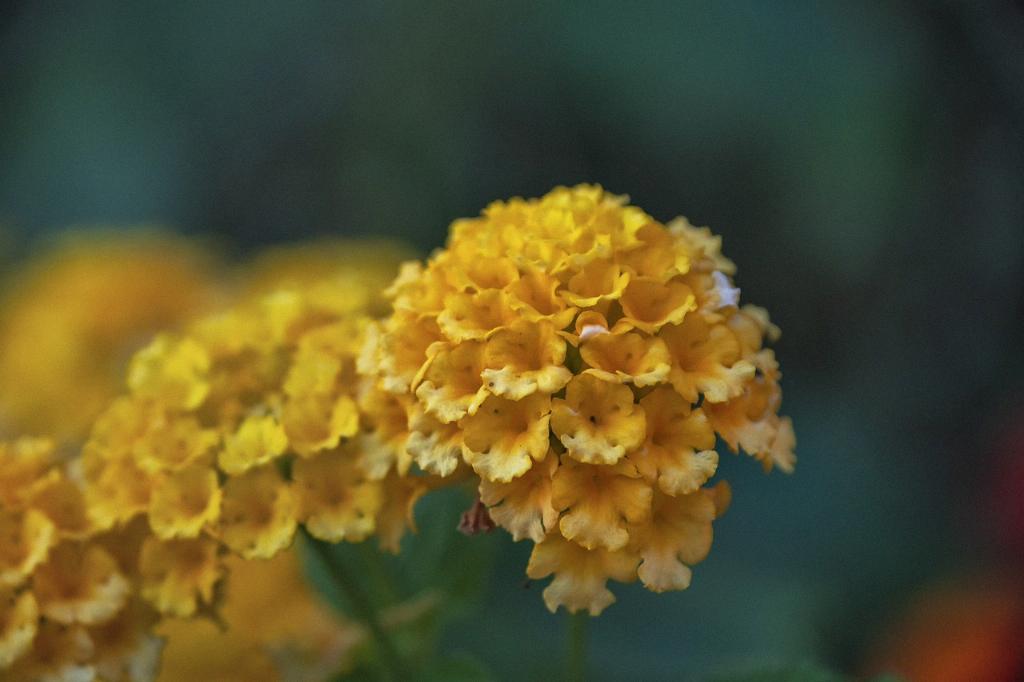When it comes to the question of whether lantanas are poisonous, the answer is a resounding yes. It’s important to understand that all lantanas should be treated as toxic to animals, particularly livestock. While red flowered varieties are commonly thought to be the most toxic, it’s crucial to note that some white and pink flowered lantanas can also pose a serious threat to animals if ingested.
One of the key factors contributing to lantana poisoning in animals is the lack of familiarity with the plant. Livestock that are introduced to areas where lantana is present are at a heightened risk of ingesting this toxic plant, leading to potential poisoning incidents. Therefore, it is essential for livestock owners and caretakers to be vigilant and knowledgeable about the presence of lantanas in grazing areas.
According to the Queensland Department of Agriculture and Fisheries, lantana poisoning is a serious concern, especially in regions where lantanas grow prolifically. The toxins present in lantanas can have detrimental effects on the health and well-being of animals, making it imperative to take preventive measures to avoid any potential poisoning incidents.
It’s worth noting that while lantanas are primarily known for their vibrant and attractive flowers, the toxicity of these plants should not be underestimated. The ingestion of lantanas can lead to a variety of symptoms in animals, ranging from gastrointestinal issues to more severe complications, depending on the amount consumed and the type of lantana involved.
Due to the potential risks associated with lantana poisoning, it is essential for livestock owners to be able to identify lantana plants and take proactive measures to prevent animals from ingesting them. This includes implementing effective grazing management strategies and promptly removing any lantana plants from areas where livestock are present.
While lantanas may add aesthetic value to landscapes, their toxic nature underscores the importance of exercising caution around these plants, especially in agricultural settings. By raising awareness about the dangers of lantana poisoning and promoting responsible land management practices, we can help safeguard the health and safety of animals in lantana-infested areas.
Furthermore, it is crucial for veterinary professionals to be well-informed about the symptoms and treatment options for lantana poisoning in animals. Early detection and intervention can significantly improve the prognosis for affected animals and mitigate the potential consequences of lantana ingestion.
In conclusion, the question of whether lantanas are poisonous is unequivocally answered in the affirmative. As a toxic plant species that can pose significant risks to livestock and other animals, lantanas should be treated with caution and respect in agricultural and natural environments. By staying educated and proactive in managing lantana populations, we can help protect the welfare of animals and prevent instances of lantana poisoning.

